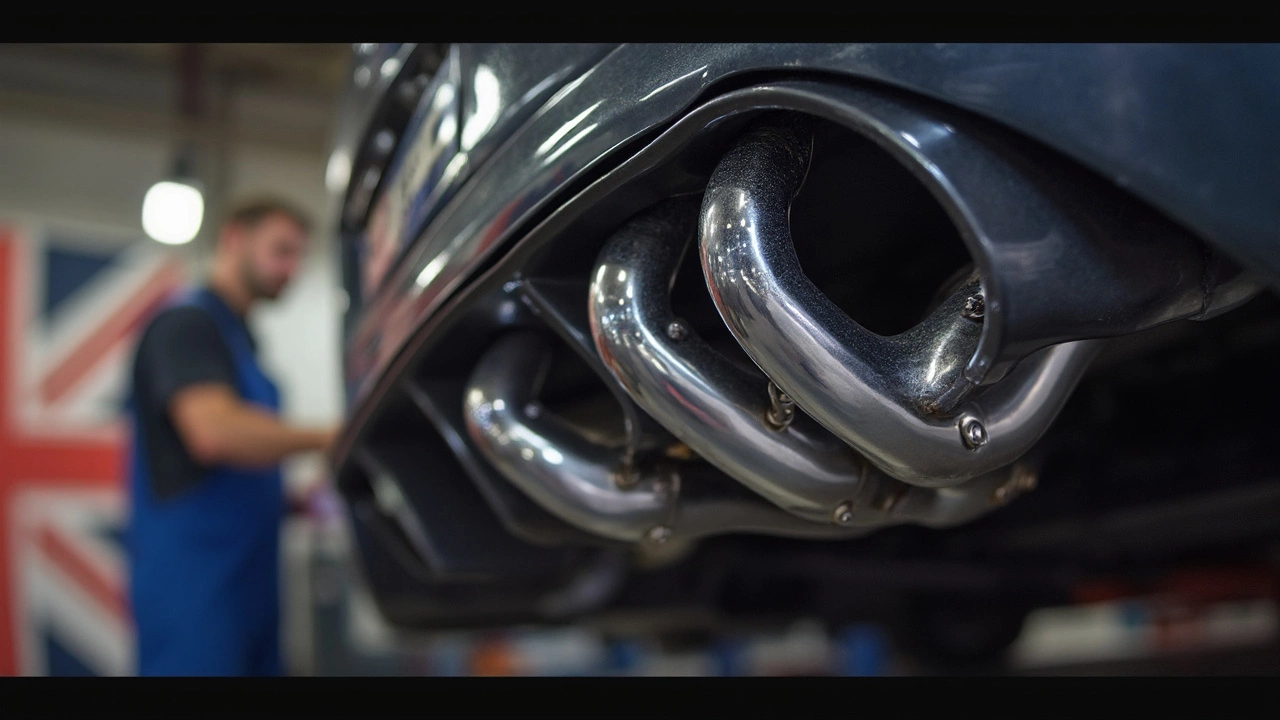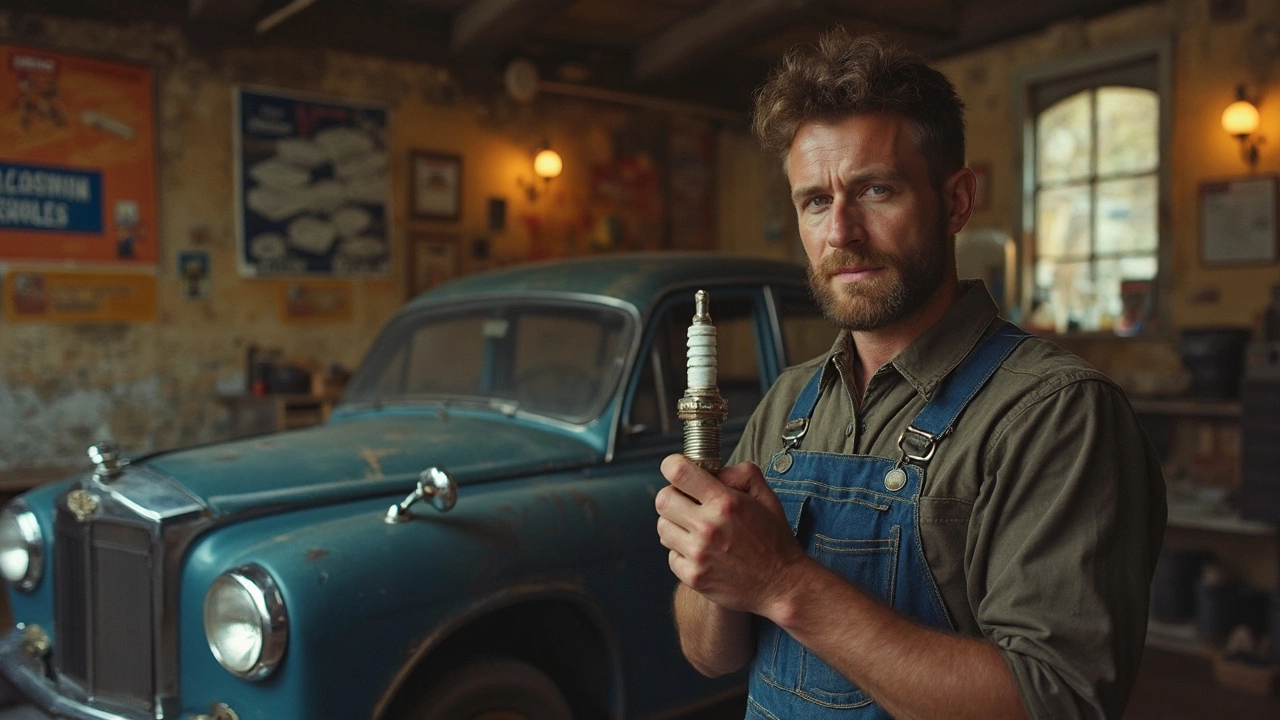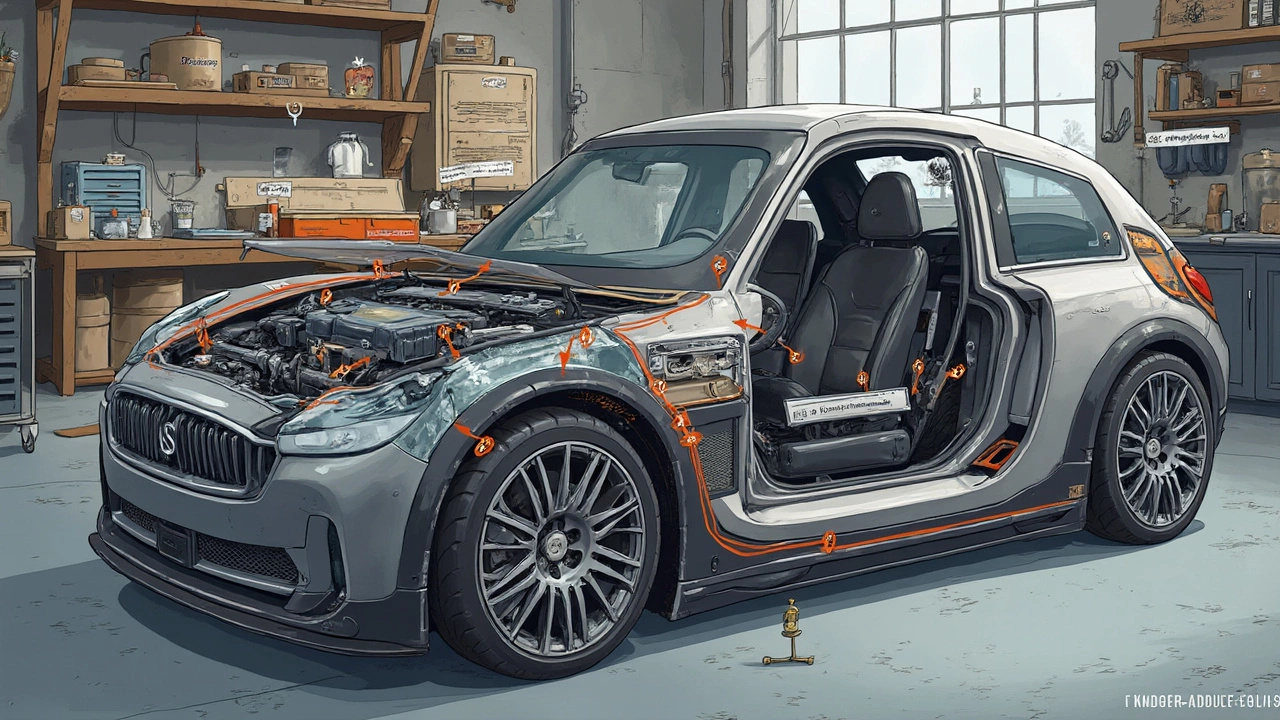Car Maintenance in March 2025: Exhaust Systems, Clutches, and Brake Care
When it comes to keeping your car running right, car maintenance, routine checks and repairs that prevent breakdowns and extend vehicle life. Also known as vehicle upkeep, it's not just about fixing things when they break—it’s about catching problems before they cost you time and money. In March 2025, the most talked-about topics here were the big three: exhaust systems, the pipeline that routes engine gases out of the car, affecting performance, sound, and fuel efficiency, clutch systems, the mechanism that connects your engine to the transmission, critical for manual cars, and brake components, the parts that stop your car, including pads, rotors, and fluid. These aren’t just parts—they’re the core of how your car moves, stops, and sounds. Whether you’re a weekend tuner or someone who just wants to avoid a surprise repair bill, understanding these systems makes all the difference.
Replacing a clutch isn’t the same as changing your oil. A clutch replacement can be a full-day job, especially if you’re dealing with a high-performance stage 3 clutch designed for track use but used on daily roads. That kind of setup increases pedal effort and wears out faster—something a lot of people don’t realize until their clutch starts slipping. And when it does, how long will it last? Not long. The articles from this month dug into exactly how long a slipping clutch might hold out, what causes it, and whether you can delay the inevitable. Meanwhile, exhaust systems came up again and again—not just in terms of cost, but performance. A new exhaust system cost can range from a few hundred to over a thousand, depending on material, brand, and whether you go for a cat-back or full system. People wanted to know: does it really boost horsepower, or is it just louder? The answers weren’t marketing fluff—they were based on real-world tests and user experiences.
Brakes got just as much attention. You can’t ignore brake pads or rotors—they’re your safety net. One post broke down how often you should really change them, and it wasn’t every 30,000 miles like some shops claim. It depends on your driving style, your car’s weight, and the type of pads you’ve got. And rotors? They don’t always need replacing when you change pads. But how do you tell? The guide showed you the telltale signs: vibrations, grooves, or a thinning edge. Even small stuff like windscreen wipers got covered, because clear vision matters just as much as stopping power. And if you’re wondering why your engine sounds rough or your gas mileage dropped, dirty engine oil might be the culprit. It’s not just about changing oil on schedule—it’s about recognizing the symptoms before your engine starts knocking.
Every article in this collection was written for someone who wants to understand their car better—not just follow instructions. Whether you’re trying to save money on a DIY job, avoid getting ripped off at the garage, or just know what’s going on under the hood, this archive gives you the real talk. No fluff. No hype. Just what works, what doesn’t, and what you need to watch out for next time you get behind the wheel.











